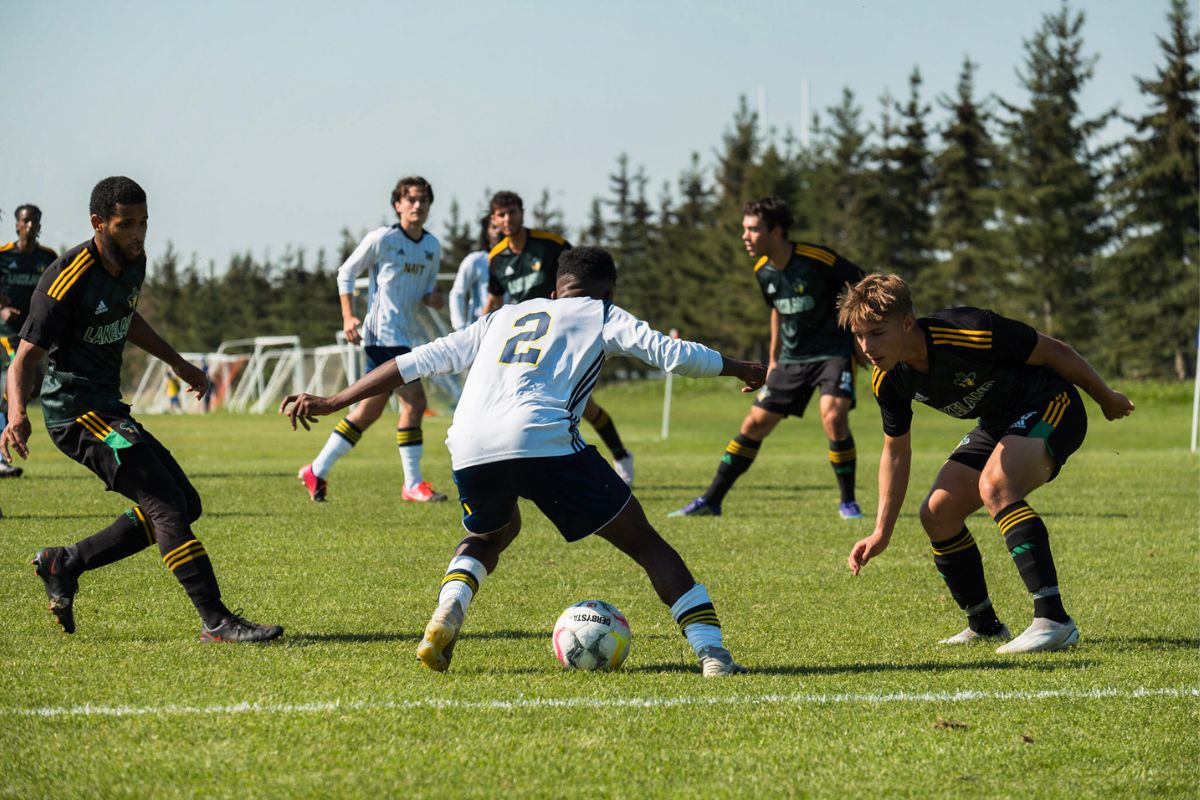Fall reading week has been the topic du jour of Canadian post-secondary student senate meetings and newspapers this past month and NAIT is no exception. A little under a month ago, the University of Calgary announced they’re adding a fall reading break next year. Mount Royal University had its first fall mini break this October and the U of A and MacEwan have both had one for years.
The mood is much more urgent and dramatic in some schools without it. An Oct. 24 commentary from the McGill Tribune argues that “McGill students need a fall reading week to maintain mental health.” The Ubyssey (UBC) agrees, arguing on Nov. 16 last year that “UBC owes students a fall reading week.” That’s right: owes.
NAIT could be next to install the break, which would fall in line with the suggested timeline of two years that NAITSA President, Doris Car, ran on last semester and
confirmed in The Nugget on March 9.
NAIT’s curriculum makes for a difficult workload as students juggle high scholastic demands with part-time jobs and other commitments. This isn’t a struggle unique to NAIT. NAIT’s coursework in most programs is condensed and very demanding, however, the tuition is lower than many institutions.
But has fall reading break really turned into a necessity for students? I’m not convinced. It’s the term “need” I disagree with. Adding a reading break has valid points but suggesting it’s necessary is only telling half the story.
Fall reading week would allow students time to catch up on assignments but that doesn’t necessarily mean students will use it to contact a counsellor or “de-stress.”
The underlying theme of the fall reading week argument is that it’s a must for students’ mental health. NAIT could be feeling more corporate pressure to include the break, too, especially after a public incident with a student in the CAT Building earlier this year. While I’m onboard for mental health solutions 100 per cent, are we sure this will do what we think it will?
Adding a fall reading break doesn’t tackle the biggest issue: that more and more students are requesting counselling services in the first place. While it gives students time off, it doesn’t put a long-term strategy in place for dealing with high stress situations.
Also, it’s easy to fall into a trap when arguing for the break that school is solely to blame for mental health problems, as The Ubyssey did last year stating: “We all know what the problem is. We all know how to fix it or at least try to. If the administration really wants to prove that they are committed to genuinely dealing with this problem in a meaningful way, they need to get off their asses and just do it – and soon.”
While The Ubyssey is right in pointing out that mental health problems are escalating at an alarming rate, the conclusion that fall reading break is “a necessity that is owed to us, not a luxury that you [UBC] can organize at your leisure,” isn’t clearly supported.
There are a number of factors that contribute to mental health problems in students – not just school.
More importantly, taking a break in the middle of the semester, when afterwards the workload will return to similar heights, isn’t the best solution long term to handling adverse workloads for the rest of your life.
UCLA took it one step further in a 2010 paper published by Mark D. Seery et al stating that “we found evidence consistent with people actually benefiting from the experience of some adversity.
“Our results suggest that previous research does not paint a complete picture of adversity’s role in building resilience and, more broadly, mental health and wellbeing,”
the study said.
“Ultimately, a richer understanding of how adversity contributes to positive mental health and well-being and resilience may suggest ways to promote them.”
This isn’t so cut and dried.
School is stressful, difficult, frustrating. But we shouldn’t disregard the fact that, despite various pressures, school is a benchmark of accomplishment, especially in
adversity; a chance to grow confident in your abilities to manage stress and work.
Fall reading break might have good intentions but it doesn’t solve problems on it’s own. It minimizes opportunities to work through stress and saying your post-secondary owes you a break paints an unnecessarily resentful picture of your school.
While I fully agree that institutions like NAIT should implement more counselling services to meet demand, the implication that fall reading week is a longterm answer isn’t clear and doesn’t strike at the heart of what’s causing the issues in the first place. Knowing how important adversity can be for strengthening mental health should be made clear to everyone who thinks they’re owed a break.
– Michael Menzies, Senior Editor





